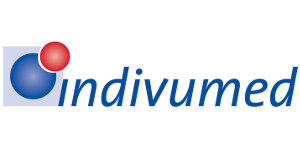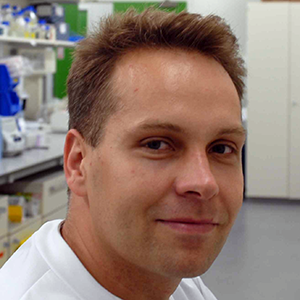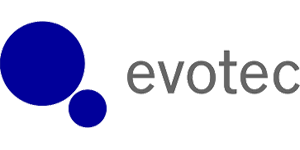Genomic data and single-level omics approaches have limited impact on precision oncology as they lack the resolving power to establish the relationship between molecular signatures and phe-notypic manifestation of cancer. This session will illustrate a multiomics database when coupled with machine learning technology and AI can advance novel cancer discoveries.
Session Chair Profile
Biography
Fernando Andreu joined Indivumed in 2018 to lead the development and launch of the world’s most comprehensive multi-omics database for oncology, (IndivuType). Fernando is a veteran of the In Vitro Diagnostics industry with more than 30 years experience in the field. Throughout his career he has specialized in the implementation of innovative technologies and approaches to healthcare. Some of the projects he has led include the rollout of decentralized and self-monitoring programs for patients under Oral Anticoagulant Treatments, the development of a platform to communicate people with diabetes with their doctors, the development and launch of the first CE marked liquid biopsy IVD kit (RAS testing) and the implementation of a molecular test for intraoperative lymph node assessment throughout the Spanish healthcare system. In parallel, he has been teaching for more than 15 years the Entrepreneurship course at ESADE Business School (Barcelona), coaching and supervising the development of more than 100 business plans, which in many cases became successful ventures afterwards.
Speaker Profile
Biography
As an oncology researcher with 20 years of experience, he is leading cancer-focused projects at Evotec, a drug discovery alliance and development partnership company. He is managing a multi-disciplinary team to identify new therapeutics to treat colorectal cancer (CRC). By datamining Indivumed’s “Indivutype” multi-omics cancer database using Evotec’s bioinformatics analysis platform “PanHunter” the first targets have recently been uncovered and progressed towards the development of truly first-in-class therapeutics for the treatment of CRC using Evotec’s multimodality drug discovery and development platforms. After completing his Masters at the University of Vienna (Austria), he obtained his Ph.D. from the University of Basel (Switzerland), followed by postdoctoral training focused on kinase signaling. By combining structure, biochemistry, molecular and cell biology approaches with fly and mouse genetics, he then led a research group at the UCL Cancer Institute (London, UK), centered on dissecting key molecular steps of the Hippo tissue growth and regeneration pathway.











